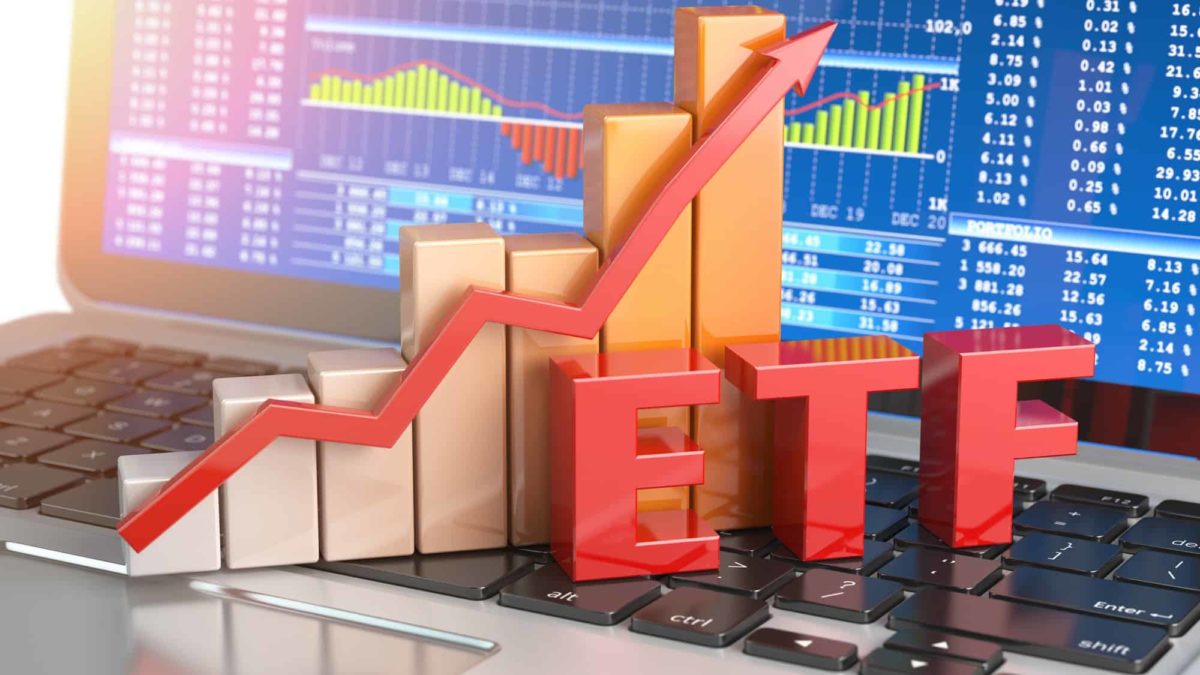If you've marked the turning of the calendar year with a resolution to start investing, congratulations! Investing in ASX shares and the share market is one of the most tried and tested ways of building wealth and income. Investing has helped millions of people around the world get ahead and participate in the wealth-generating effects of the capitalist system. But for many would-be new investors, it can quickly get overwhelming. There's jargon and financial knowledge to get around, not to mention the timeless question of what to actually put your hard-earned dollars into. That's why many new investors turn to exchange-traded funds (ETFs).
ETFs are one of the most popular methods of investing in the share market, especially so for new investors. Let's look at some of the reasons why:
What are the benefits of investing in ETFs?
Simplicity
This one mainly applies to index funds like the Vanguard Australian Shares Index ETF (ASX: VAS). An index ETF is a fund that simply mirrors a popular index. The most prevalent of these on the ASX boards would be the S&P/ASX 200 Index (ASX: XJO). The ASX 200 simply holds the largest 200 shares on the Australian share market, weighted according to market capitalisation (size). An ASX 200 ETF will hold everything from Commonwealth Bank of Australia (ASX CBA) and Coles Group Ltd (ASX: COL) to JB Hi-Fi Limited (ASX: JBH)) and Adairs Ltd (ASX: ADH).
If a company's success grows over time, so will its presence in the ETF. Conversely, if a company loses its way and shrinks in size, it will lose its place in the ETF. As such, the ETF holder (you) doesn't need to lift a finger to manage this investment. This is why many beginner investors find ETFs attractive
Cost
Traditionally, paying someone else to manage and invest your money ain't cheap. Managed funds can charge annual fees as high as 2%, which can markedly drag down your returns over time. But another key advantage an ETF can offer is low fees. For example, the Vanguard ETF listed above only charges an annual fee of 0.1%, or $10 for every $10,000 invested every year. That can make a big difference for an investor paying $200 a year to a managed fund, given how long-term compound interest works.
Diversification
If you've only just begun your investing journey, you may have come across this oft-bandied term (if not, you soon will). Diversification, or 'not putting all your eggs in one basket', is something most investors (including we Fools) preach. Life is unpredictable and you never know what kinds of unforeseen problems can hit a well-run business. For example, an investor who only held travel-related companies in January 2020 would have discovered the pitfalls of not being diversified a month or two later.
This is another area where an ETF can shine. Remember the ASX 200? An ETF tracking this index has your money spread across 200 different companies, all operating in different ways and across all facets of the economy. You have the banks like CBA, grocers like Coles, travel shares like Qantas Airways Limited (ASX: QAN), retailers like Adairs, internet providers like Telstra Corporation Ltd (ASX: TLS)… you get the idea. An index ETF has diversification built in, adding to the 'bottom drawer' appeal that we discussed above.
A final caveat
Of course, no investment in shares is risk-free, and an ETF is no different. Just because an ETF is low-cost and diversified doesn't mean that it can't be whacked in a market crash. That's why you should always have a long-term time horizon with any share market investment.
Also, not all ETFs are equal. These days, you can get an ETF that covers just about anything. Some ETFs solely invest in gold bullion, oil futures or biotech shares. These are not diversified in the same way an index ETF is, and are often more expensive too. So make sure the ETF you pick does what you want it to. Otherwise, you may be in for a rude shock.
Foolish takeaway
ETFs can be a powerful tool in any investors portfolio, as well as a great choice for a beginenr investor. So if you've made the admirable New Year's resolution to begin your investing journey, ASX ETFs can be a great place to start. Due dilligence, a consistent investing strategy (such as dollar cost-averaging), and a steady hand will come in handy, but if you are keen to get a slice of our economies' prosperity, an ETF can be a fantastic choice.









